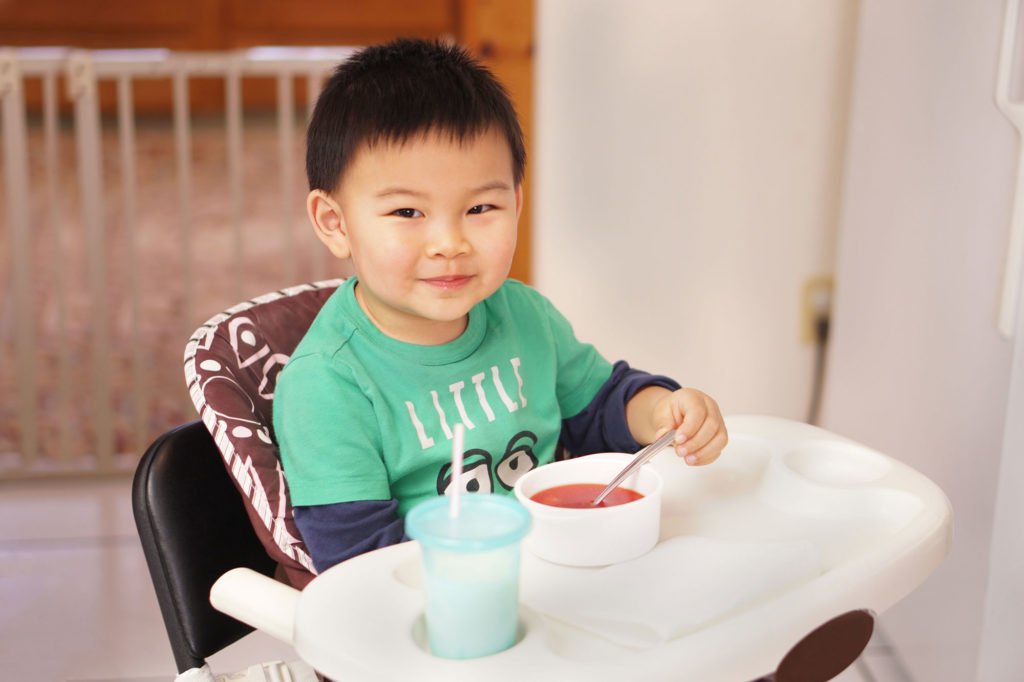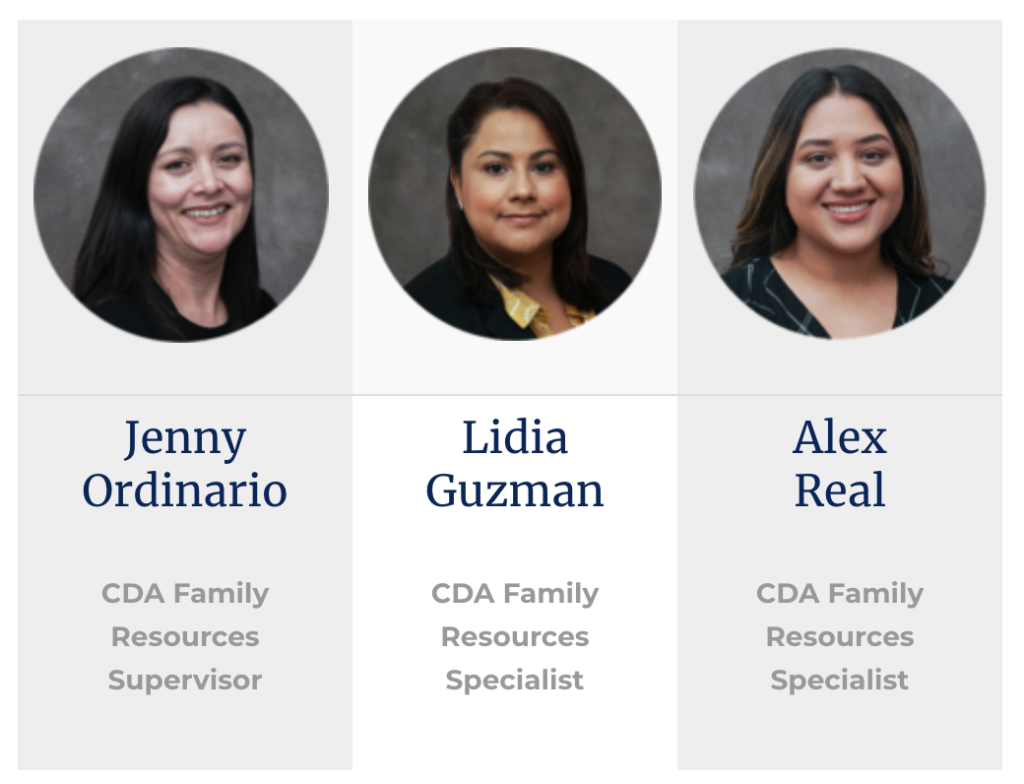Dear CDA Families,
I hope that you and your family remain well and in good health. As we continue to manage through these uncertain times, how do we help our children make sense of the world we are living in and teach them about cultural sensitivity?
As a parent, I want my children to grow up feeling accepted and loved, in a world free from discrimination and hate. Unfortunately, we can’t ignore the sad truth that we live in a world where racism and other forms of bias occur and that our children may experience. They will look to us for reassurance and guidance.
Cultural sensitivity is about having a set of skills that allows us to understand and learn about people whose cultural background is not the same as our own. It does not mean that we become an expert in all things related to culture. Rather it means that we are willing to have an honest dialogue and lead our interactions with others with both empathy and understanding.
We are fortunate to live in a country where so many cultures are represented, giving us many opportunities to learn and value the differences among us. In addition, our children are never too young or too old to learn about cultural diversity. Children as young as 2 can become aware of differences as it relates to gender, race, ethnicity, and disability. They can develop both positive and negative biases to these characteristics of identity, as it is reflected by their family and/or overall environment. As our child’s first and most important teacher, it is always good in finding age-appropriate ways to talk and educate them on this and other important topics. Below are some tips and resources:
- Provide a safe place where your child is encouraged to ask questions and feel confident to talk about their feelings. This teaches your child that it’s okay to notice differences and talk about them.
- Books are a great resource for helping children learn and develop a sense of their own identity, as well as an understanding of other ethnic backgrounds. Visit your library for books such as:
- Black, White, Just Right! by Marguerite W. Davol
- It’s Okay to be Different by Todd Parr
- Whoever You Are by Mem Fox
- Don’t Call Me Special by Pat Thomas
- Exposure and actual experiences to other cultures has a profound influence:
- Encourage friendships that are cross-racial.
- Connect with families of different backgrounds by joining groups or workshops in a different neighborhood or school.
- Attend cultural events that are offered free or low-cost by most communities.
As adults, we have the great task of raising up a generation that is aware and sensitive and knows the value of diversity. But fear and discomfort can prevent people—adults and children alike—from appreciating that gift. By modeling in our own lives, we can teach children to respect and value people regardless of the color of their skin, their physical abilities, or the language they speak. It is not always easy, but it is possible.
Online Events
A Path Forward
Thurs, August 20, 2020 | 7:00 pm – 8:15 pm PDT
Register Online
Join the conversation with leading scholars and #1 Best Sellers, Robin DiAngelo (White Fragility) and Ibram X. Kendi (How to Be An Anti-Racist), facilitated by Pulitzer Prize-winning journalist Wesley Lowery, as we address the question: How do we talk about race in a way that unites and strengthens us as a community?
RISE: A Community Conversation About Race, Inequity, Solidarity & Empathy
Thurs, August, 13 | 7:00 PM – 8:00 PM EDT
Thurs, August, 20 | 7:00 PM – 8:00 PM EDT
Register Online
Join us for a seven-week series led by community leaders to learn more about racial inequity in our community and how to be better allies. By listening to our neighbors about their experiences we can build a movement of solidarity and empathy to make real changes in not only ourselves but the very community we all love.
Race, Justice & Yoga
Multiple Dates Through December 1st
Register Online
United by our unique stories, knowledge, and questions this is an opportunity to speak from our hearts about challenging topics in a way that elicits support and mutual learning. With so much happening in the world, in our communities, and within ourselves, we believe it is important to give voice to our thoughts and open our understanding by listening to others.
The Constitution Series: An Ongoing Free Public Forum Exploring Equality And Justice For All
Wed, August 26, 2020 | 10:00 am – 11:00 am PDT
Wed, September 24, 2020 | 10:00 am – 11:00 am PDT
Register Online
As we strive to gain a greater understanding and unify our nation, please join us for an ongoing interactive forum to discuss equality and justice in America.
MHA’s Annual Conference COVID-19, Mental Health, and the Need for Equity
Thu, Sep 3, 2020 | 7:00 AM PDT
Fri, Sep 4, 2020 | 2:00 PM PDT
Register Online
The last few months have changed everything – and the world is looking at “a new normal.” Our 2020 Annual Conference – now virtual – will discuss it all. From increases in depression and anxiety rates to adjusting workplaces and workplace mental health to addressing disproportionate inequities due to systemic barriers and historical adversity.
Exploring Different Cultures Through Food
Our planet seems to be growing always smaller as we become more connected through the use of technology. We have instant access to information about things happening all over the planet, we can talk to family and friends even when we are thousands of miles apart. We can learn about ancient civilizations, how they rose and lived and fell, and about all the different cultures and religions and traditions that exist, that are part of life for the whole human race, while sitting at a computer.
One of the most beautiful things we get to experience as members of the human race is the diversity of cultures and traditions that make us whole. As we learn about cultures and traditions outside of our own, we start to see the common threads that hold us all together, the human threads that are the same from culture to culture, from ancient civilization to the current day. While there are many common threads, one seems to stand out among them, and that is food.

Food is a human necessity, a part of every human’s daily life, and the foods that we eat are intricately tied to our culture. Most, if not all, societal cultures evolved from this necessity to eat. The plants and animals available, as well as the means of preparation available for those foods, became part of the cultural cuisine. And the tradition of getting together to share a meal and socialize is one of the single most common threads connecting all cultures.
When we understand this, we start to see how food just might be the best way to learn about different cultures.
These days you don’t have to travel the globe to experience different cultures and cultural traditions. The world is at your fingertips, likely in the form of a smartphone right at this moment. You can experience the diversity of cultures and traditions from all around the world by looking up recipes online and taking a trip to a local ethnic market for ingredients to prepare a different cultural dish at home. You can also be adventurous by exploring ethnic restaurants in your area.
Keturah Swenson
Family Resources Specialist/Nutritionist
kswenson@cdasd.org
Family Resources Team
For individualized assistance with resources or referrals during COVID-19 closure, please contact our Family Resources Team via email or by phone, during the hours of 8:30 a.m. to 5:00 p.m., Monday through Friday.






